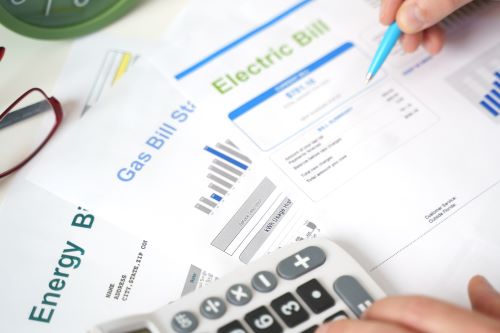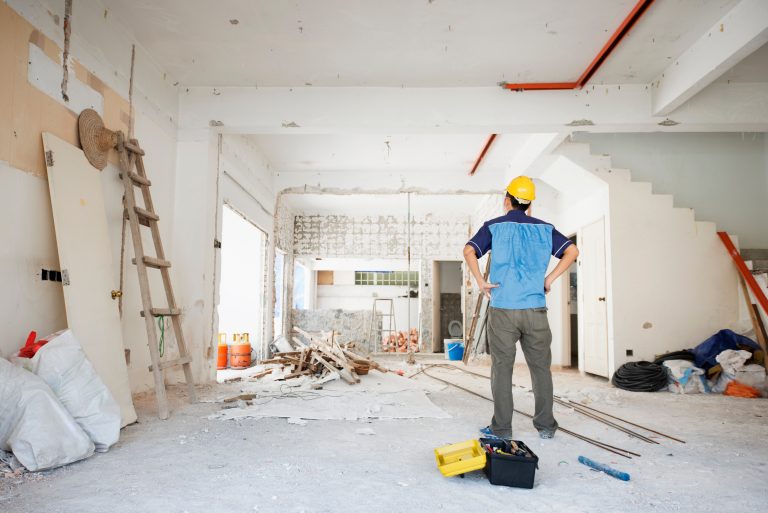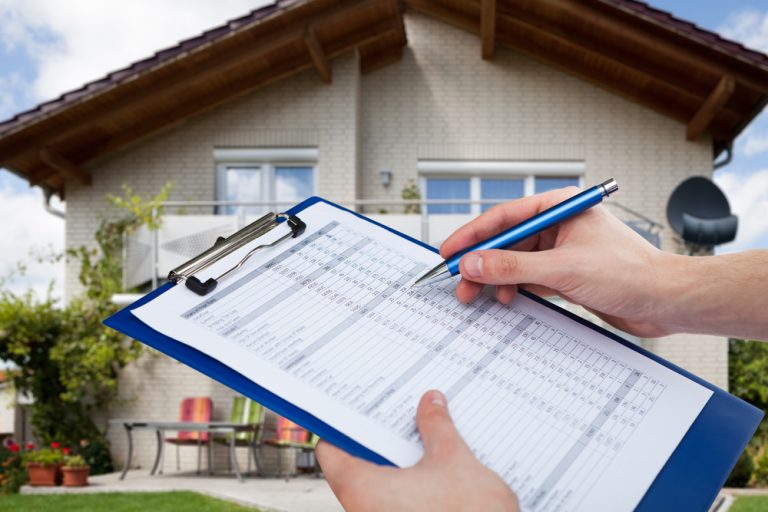When determining whether you’re financially ready to own a home, it’s crucial to account for the upfront costs of buying a home and the expenses you’ll need to factor in after closing. Undoubtedly, saving up for the initial costs like the down payment and closing costs is paramount. Still, you’ll need to brace your bank account for the expenses you cover every month and unexpected home expenses. If you’re considering becoming a homeowner, our real estate pros have come up with this guide on how much it’ll cost to buy a home in Fontana and keep it! Call us to learn more about the Fontana housing market!
Key Takeaways:
- Owning a home comes with extra and unexpected costs to watch out for.
- Some costs are negotiable, but others are beyond your control to a large extent.
- It’ll cost you to pay for heating, electricity, and water, and you have to be prepared for unexpected expenses such as repairs.
- If you live in a natural disaster-prone area, your homeowner’s insurance will cost more than expected.
Down Payment
While a 20% down payment can help you avoid mortgage insurance, it isn’t required. A NAR study has shown that the average down payment for first-time buyers is 6% and 17% for repeat homebuyers. And depending on the mortgage, your down payment could be as low as zero.
- Conventional mortgages can allow for down payments as low as 3%.
- FHA can have down payments as low as 3.5%.
- VA and USDA mortgages allow service members and veterans, and buyers in rural areas, respectively, to buy homes with 0% down.
Note that a down payment requires you to balance what you can reasonably save and the desire to buy a home sooner rather than later. If you need a boost to your down payment, consider local and state assistance programs.
Closing Costs
You’ll need to pay all the associated closing costs to close on a real estate transaction and get the keys to your new home. While they can vary by state, typically, closing costs range from 2% to 5% of the loan principal and can include the following:
- Origination and underwriting fees: These are generally the administrative fees that your lender charges for processing your mortgage.
- Application and credit fees: Many lenders will charge a nominal fee to initiate the mortgage application and check your credit score.
- Home inspection and appraisal: Having a home professionally inspected before the deal goes through is crucial as it can uncover issues with the house. Similarly, getting the home professionally appraised is vital for verifying its worth- the lender wants to be sure that the amount they loan you doesn’t exceed the property’s value. You’ll be responsible for paying both the inspection and appraisal fees.
- Title search and insurance fees: A title search company will check the property records to verify there are no liens or encumbrances on the property’s title. The title insurance will protect you against ownership issues.
Homeowners Insurance
Homeowners insurance is typically not an unexpected expense. Your lender requires it before issuing you a mortgage, and the premiums are likely to be included in your monthly mortgage payment plan. Your homeowner’s insurance will cover risks such as fires and theft; however, most of them don’t cover “acts of God,” meaning you may need extra coverage against disasters like hurricanes, floods, and earthquakes. Even water damage from storms is very rarely covered in basic homeowners insurance coverage.
Property Taxes
As a homeowner, you’ll have to pay the taxes determined by the township, city, or county in which the house is located. An ad Valorem property tax payment (assessed based on your home’s value) can easily total $500 to $1,000 monthly. The average rate nationwide is 1.1% of your property’s assessed value but can widely vary by locality and state.
For instance, in California, property taxes are applied to assessed values, with every county collecting a general property tax of 1% of the property’s assessed value. That’s the single largest tax, but there are other minor taxes that can vary by district and city. So if you’re considering buying a home in California, a good rule of thumb is multiplying your home’s purchasing price by 1.25% to determine your property taxes. The 1.25% incorporates the base rate of 1% and the extra local taxes, typically about 0.25%.
Home Maintenance and Repairs
When you buy a home, you’re responsible for every square inch of the property. That means the responsibility falls on you when things need to be replaced, repaired, cleaned, or serviced. Home maintenance and repair costs are the biggest surprises and disappointments for many new homeowners. After all, you may have to spend, on average, between $3,000 and $7,000 on maintenance and repairs. A good rule of thumb when budgeting for maintenance and repair is to budget 1% of your home’s value each year for these costs.
How Much Does it Cost to Buy and Own a Home?
How much it costs to buy and keep a house depends on the home you own. Most people will make monthly mortgages, including homeowners insurance, taxes, and even mortgage insurance. In addition, it’ll cost money to pay for heating, water, and electricity, and you need to be prepared for unexpected expenses such as water leaks or broken windows. To learn more about the cost of buying and owning a home, consult our real estate experts. We’ve been helping our clients buy and own homes in Fontana for years. With our skills and expertise, we can effectively guide you on how much it costs to buy a home and how to cut down these costs to get the most out of your homeownership deal. Call us today!




